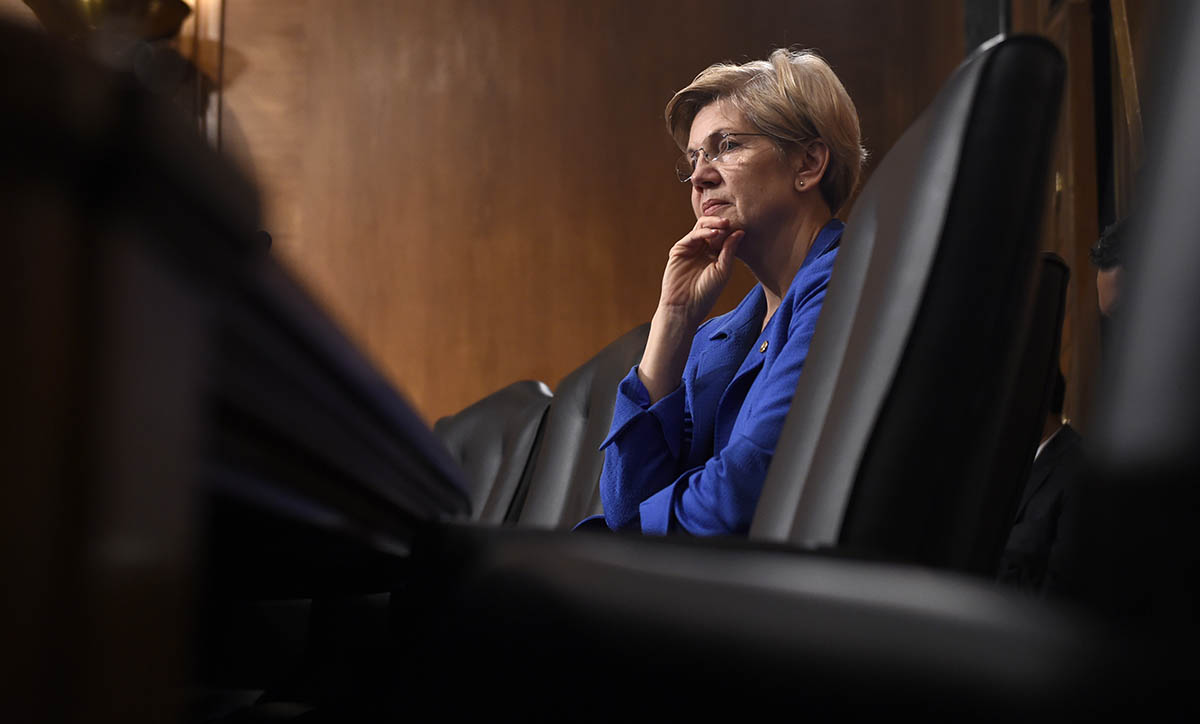Warren: New Report Shows GOP’s ‘Unrelenting’ Effort to Obstruct Obama Nominees

Photo via AP
As Judge Merrick Garland patiently awaits a hearing for his Supreme Court confirmation, Sen. Elizabeth Warren published a new report Monday highlighting how Republicans have worked to block or stall President Barack Obama’s nominees at the federal level.
The 14-page report compiled by her office determined that Obama’s nominees to courts and government agencies, on average, must wait significantly longer to receive Senate confirmation than those under past presidents. In fact, the average wait for an Obama nominee during the first six years of his administration (127.2 days) is more than double that of the vaunted Reagan administration (59.4 days).
The report shows a gradual increase in the wait for a Senate confirmation in the last three decades: 67.3 days during the George H.W. Bush administration, 91.8 days during the Clinton administration, and 97.4 days during the George W. Bush administration.
Since the death of Supreme Court Justice Antonin Scalia in February, Senate Republicans have vowed to stonewall Garland’s nomination on the grounds that the next president ought to fill the vacancy. “Let’s let the people decide” has been the popular refrain among Senate Majority Leader Mitch McConnell and his colleagues.
Warren’s report shows that nominations made during a president’s last two years in office are hardly out of the ordinary: 447 nominees were confirmed under Reagan, 457 under Bush 41, 352 under Clinton, and 349 under Bush 43.
“The idea that Senate Republicans are willing to leave our highest court short-handed for nearly a year seems shocking. But the fact is that, for more than seven years, they have waged an unrelenting campaign to keep key positions throughout government empty,” Warren said in a statement.
Other notable holdups include Azita Raji, U.S. Ambassador to Sweden, who was confirmed on a voice vote after waiting 400 days, and Attorney General Loretta Lynch, who faced the third-longest wait for a Senate confirmation since 1789.


